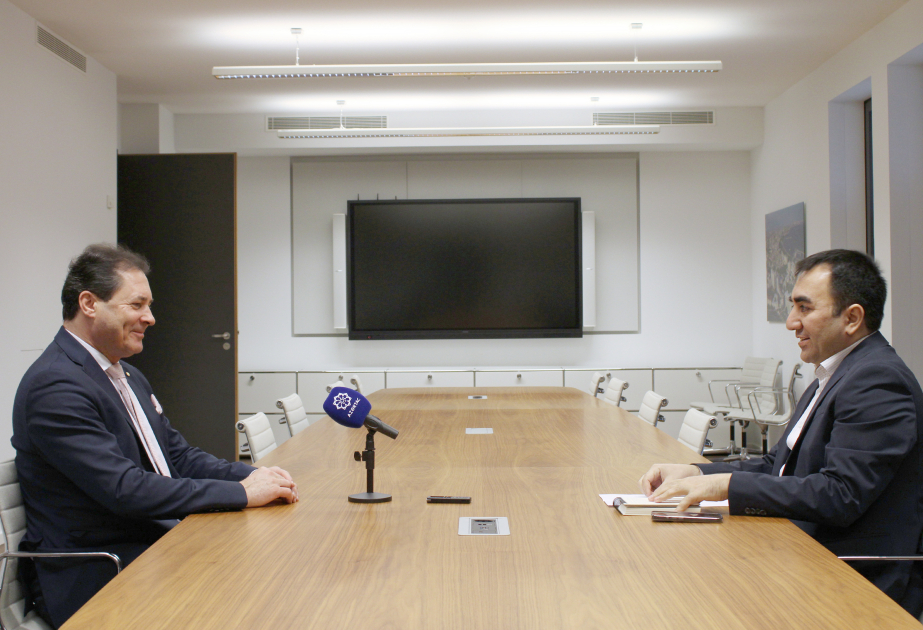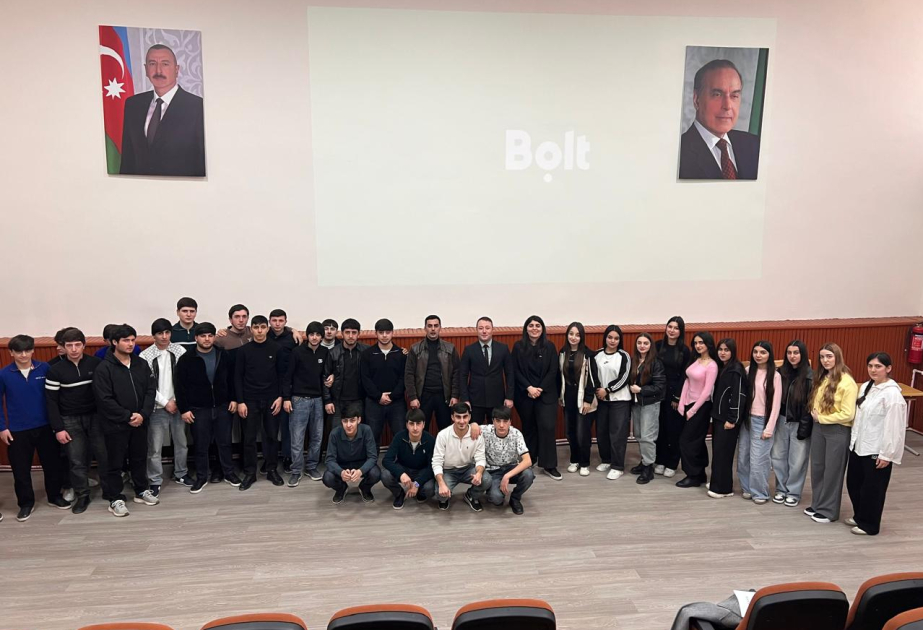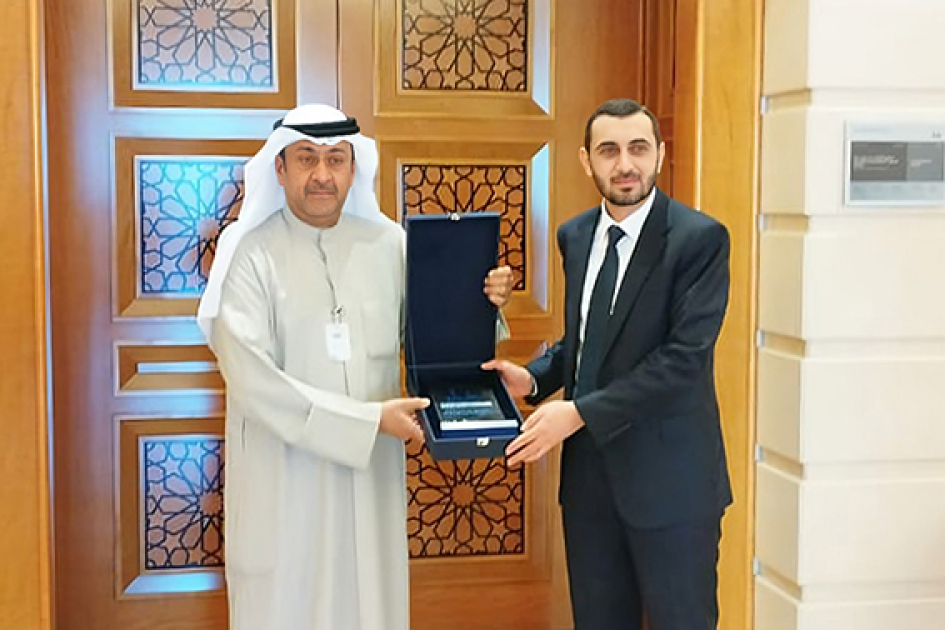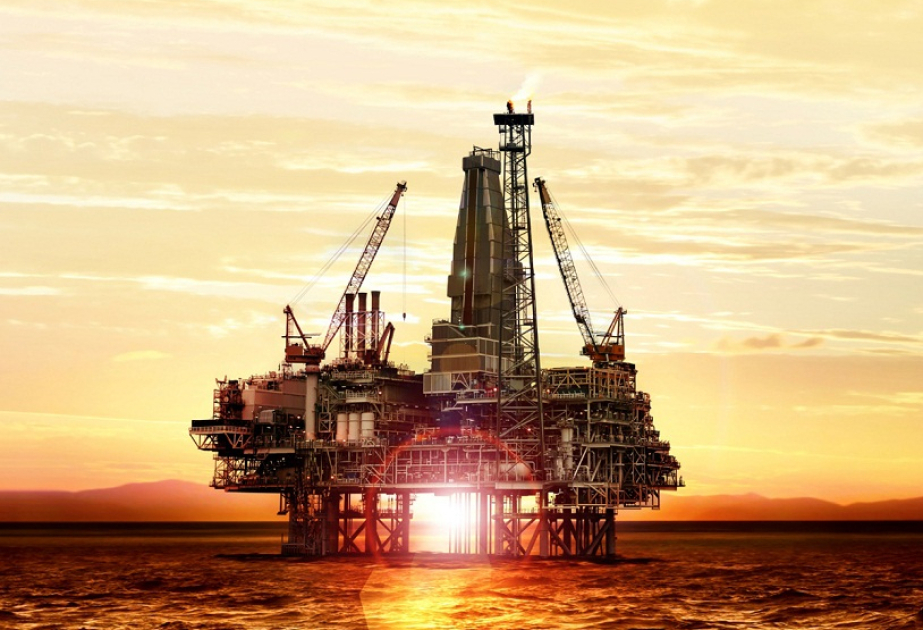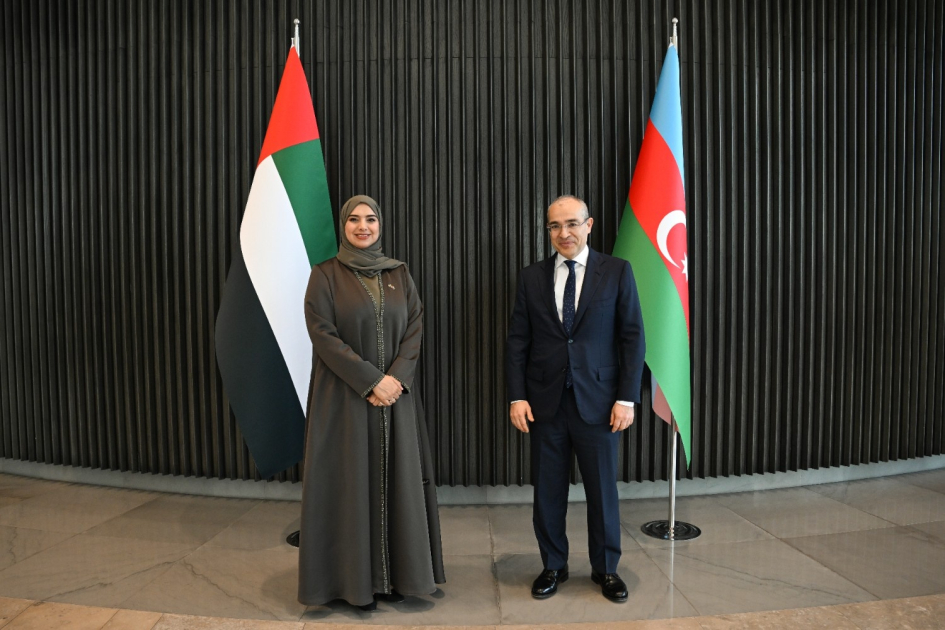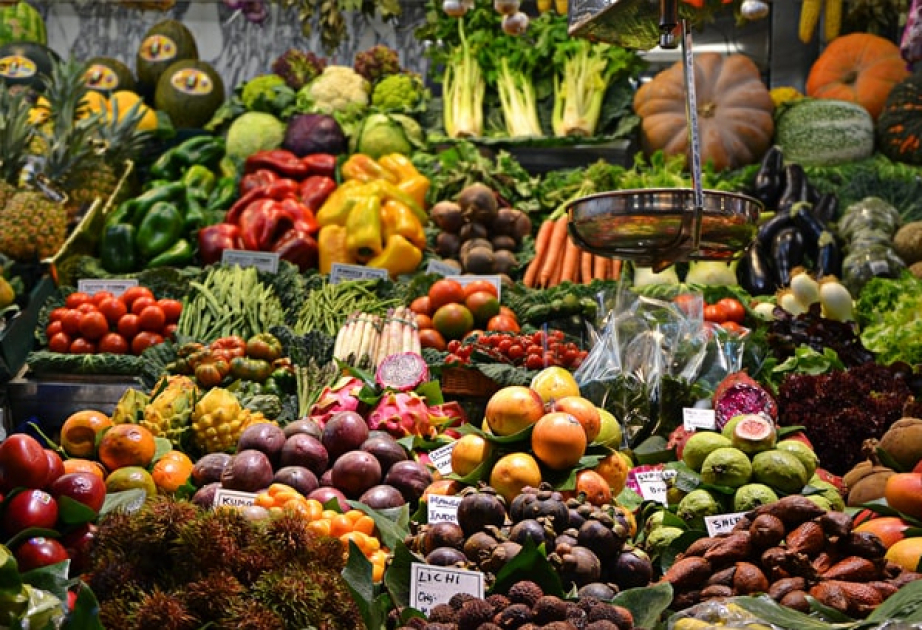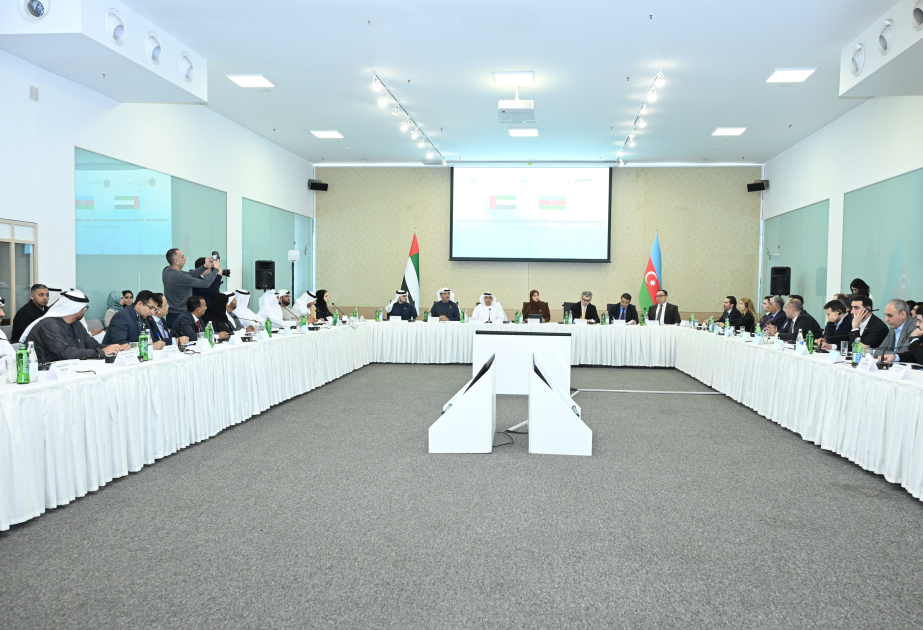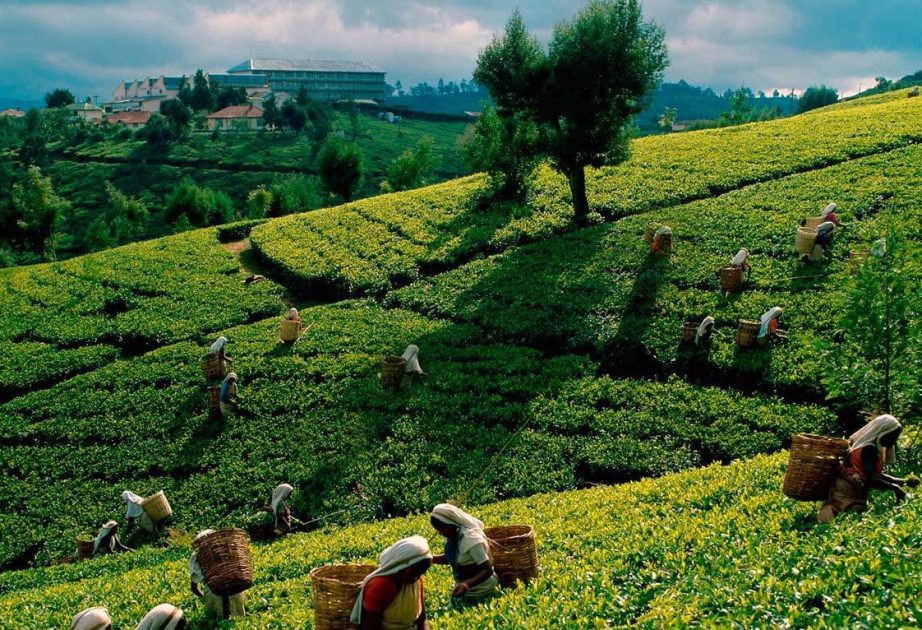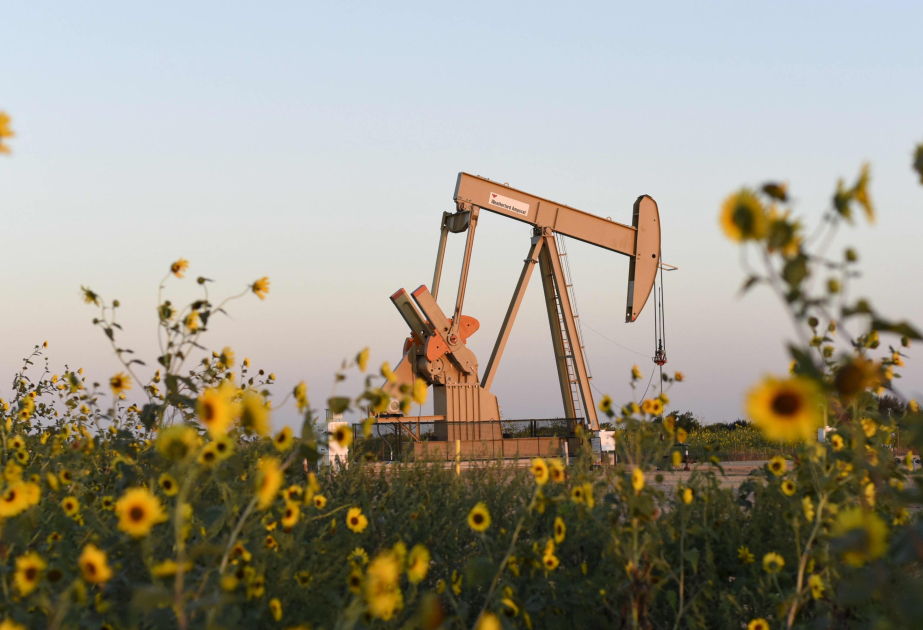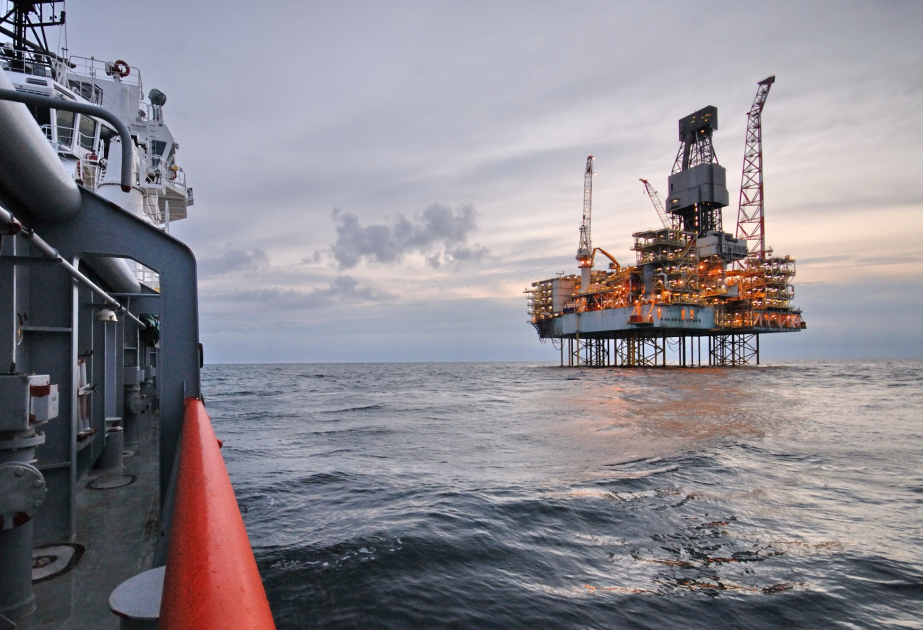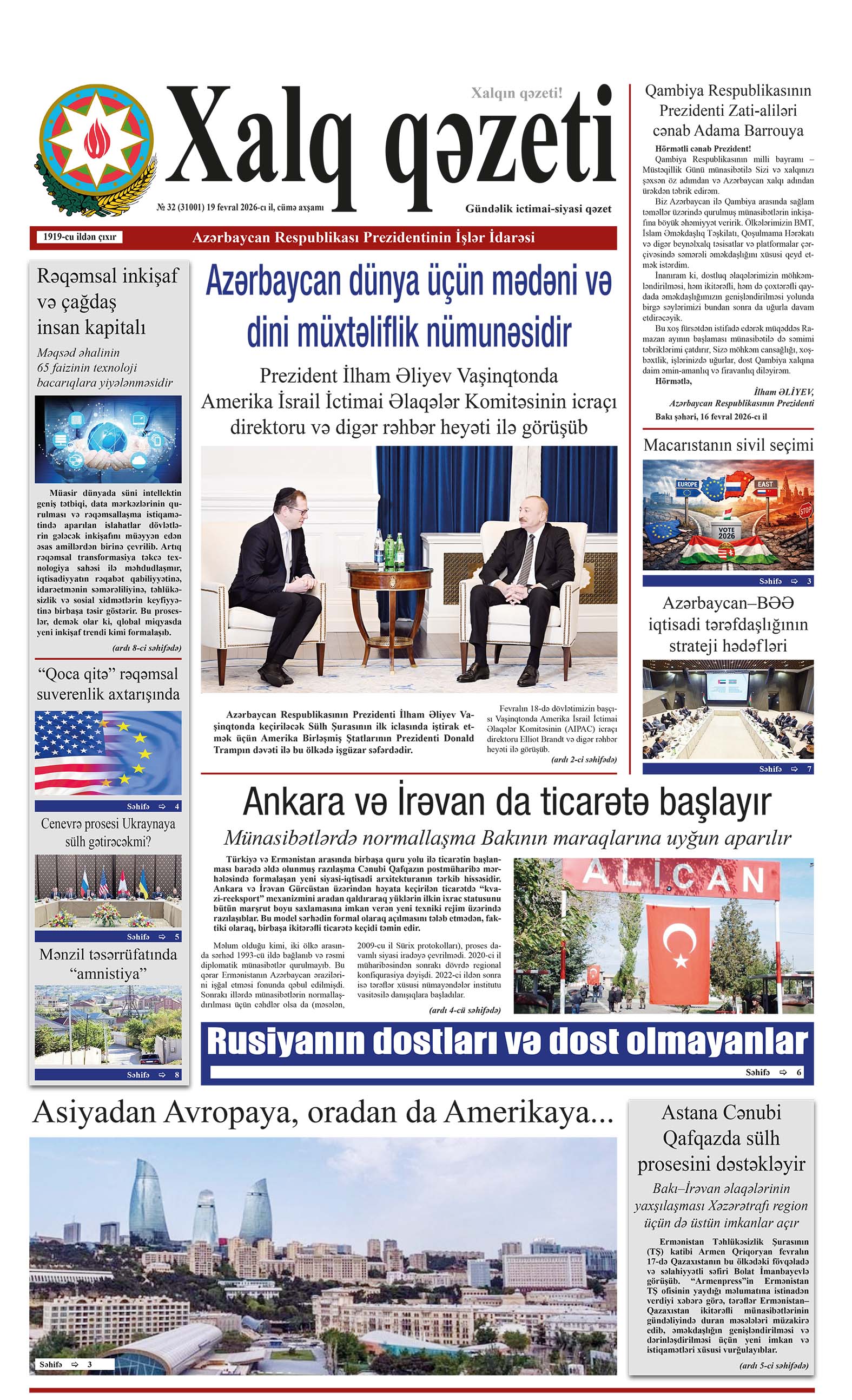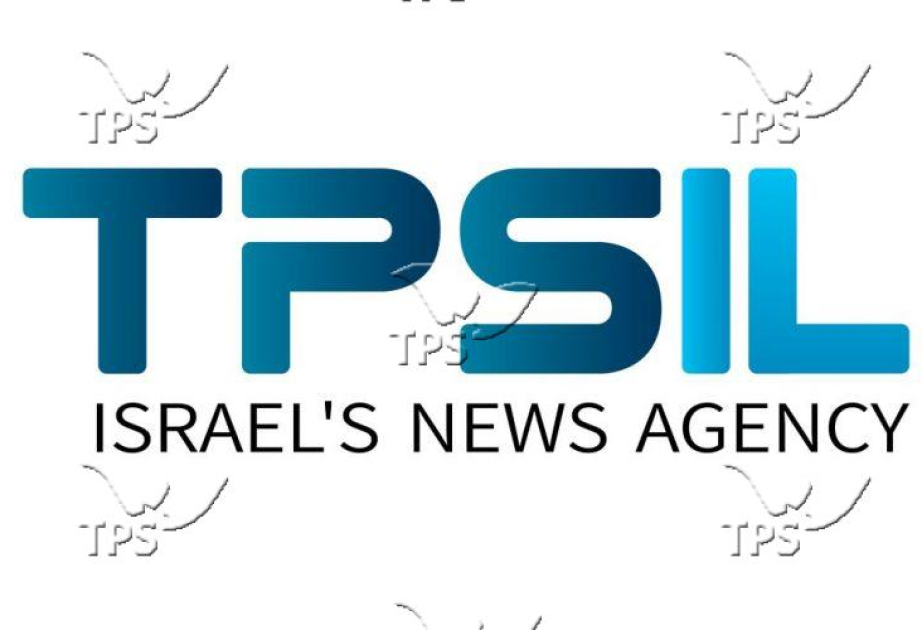Mirco Nowak, the CEO of Germany's LUNO-Gruppe, was interviewed by the Azerbaijan State News Agency (AZERTAC). In his exclusive interview, Nowak discussed Azerbaijan-Germany economic relations, opportunities for enhancing cooperation between the two countries, the significant role of the Middle Corridor in expanding bilateral ties, as well as President Ilham Aliyev’s visits to Germany and his meetings with German business leaders. AZERTAC presents the interview.
- Mr. Nowak, how do you assess Azerbaijan’s importance for Germany, both economically and strategically? In what areas do you see the greatest potential for cooperation?
- First of all, thank you very much for inviting me for this interview. My interest in Azerbaijan has now already lasted, I think, for the third year. I see very good developments in your country, which are both competent and strategic. This is something we see here in Germany as we observe how you are developing and working.
First of all, the interest is, of course, in energy, gas, and resources. I think there is huge interest not only for Germany, but also for the European Union. The contracts we made with Azerbaijan in the last two years show that there is potential to grow this part of the business in the future.
Second, I see potential in renewable energies, where, I think, relationships have already started between our companies. They aim to support your transition to renewable energies, particularly in electrical energy, solar, and wind. I saw significant potential in this area at COP29, especially with the involvement of your President, Mr. Aliyev, during his visit to Germany. We discussed this cooperation, including logistics.
The Middle Corridor has also become very strategic in the last three or four years, with Azerbaijan emerging as a key hub along the corridor. There is significant potential for infrastructure development and logistics, with opportunities to support and develop new possibilities for rail, truck, and other transport methods. Your port in Baku is also of great interest to us.
- President Ilham Aliyev has visited Germany four times in the past two years, highlighting the strengthening ties between the two countries. How do you evaluate the current state of bilateral relations, and what concrete outcomes have these high-level meetings achieved?
- Yes, I participated in one of these visits, I think it was two years ago in Berlin, and I represented the German side. We mentioned our great interest in developing the Middle Corridor. Your President confirmed that Azerbaijan has already made excellent progress in developing renewable energy and the energy system. Now, our task is to focus on logistics because without good, competitive logistics, you cannot develop trade volumes or grow your country. He understands this, and I saw a very positive approach from Azerbaijan, which not only speaks about developing the corridor but also invests in it through state and private companies and attracts investors.
I think it's not just a question for Azerbaijan but also for neighboring countries involved. You are actively working with Kazakhstan and Georgia to develop rail networks and increase volumes. Logistics investment only comes when the potential volumes are visible, and this is happening. Azerbaijan is doing a great job in marketing these opportunities. The four visits in two years are fantastic, and I think it’s necessary to keep pushing forward, showing the country, attracting investments, and encouraging companies to establish themselves in Azerbaijan.
- The Middle Corridor is becoming increasingly significant for global trade. How do you see Germany’s role in its development, and what opportunities exist for German companies to participate in infrastructure and logistics projects along this route?
- I see Germany playing an intensive role. We have good companies that can support the development of port infrastructure, terminal operations, and not just construction but also management and optimization of these terminals. For example, Hamburg Port Consulting is a very well-known company that not only consults but also operates ports. Germany can contribute significantly in this area.
We also have large logistics companies, such as Rhenus and Hellmann, that already operate along this corridor. These companies understand the importance of investment and the need to attract further investments. I think this will be a promising area for future development.
From my perspective, marketing the corridor for the last few years, it’s clear that it's not just a transit route between China and Europe. What’s even more interesting is the volume of trade within the corridor itself, from neighboring countries like Central Asia and Azerbaijan. For example, Azerbaijan's trade with Turkic states increased by 60% or more last year. This makes the Middle Corridor not just an alternative route to Russia, but an important player in global trade, especially considering the geopolitical situation.
Some investors ask, "What will happen if Russia’s war in Ukraine ends? Will interest in the corridor decline?", I say no. The rising volumes within the corridor will keep it valuable. We have analyzed the corridor's development, including the potential volumes from neighboring countries, and our study shows huge growth potential through 2040.
- The German-Azerbaijani Economic Forum was recently held in Munich and Mainz, bringing together key business and government representatives. What were your impressions of these forums, and how do you see them contributing to the expansion of economic cooperation between Germany and Azerbaijan? What concrete opportunities or initiatives emerged from these discussions?
- As you saw in Munich and Mainz, both forums had more than 100 participants, which shows great interest from the German side. They are interested in Azerbaijan, in the region, and in the Middle Corridor. The corridor was mentioned most frequently, highlighting the potential for us to partner with Azerbaijan in its development.
At these forums, we discussed logistics and competition in accessing Azerbaijan via various transport modes, such as truck, train, ship, and even by air. I think it’s fantastic that you’ve introduced a direct flight from Berlin to Azerbaijan three times a week. That’s great for business, allowing business people to travel for a few days and then return.
The Azerbaijani Airlines is a good airline, and the direct flights are crucial. They make it easier for companies to do business in Azerbaijan. You also have agencies that help with business development and provide a good presentation of how to operate within the country. Special economic zones like the Alat Free Economic Zone are attractive to investors.
To attract investment, a country must market itself, just like a product or a company. The Azerbaijani embassy here is very active, not only promoting business but also showcasing cultural opportunities. Baku is a fantastic city, and I was impressed by how well the COP29 event was organized.
To attract investors, it's important to highlight not just Azerbaijan but also its neighboring countries. For instance, instead of focusing on Kyrgyzstan's 7 million people, it's more appealing to present Central Asia as a region with 60 to 70 million people. If investors see the potential, they’ll come.
- Germany has consistently supported Azerbaijan’s territorial integrity and upheld international law. How would you characterize Germany’s foreign policy toward Azerbaijan, and do you see any shifts or new areas of engagement on the horizon?
- I’m not a politician, I’m more of a businessman, so it’s difficult for me to say what Germany's strategy is, especially with elections coming up. What I think is necessary is educating people on historical issues, like the situation in Karabakh. In Germany, there is sometimes a knowledge gap when it comes to geopolitics and geography and therefore tend to interpret international circumstances one-sidedly or take little interest.
At any time, it’s important to build relationships through business, tourism, and better understanding. I believe the more people know about Azerbaijan’s history, the better they can appreciate the country and its development.
From my perspective, business is the best way to foster good relations. Good relations between Germany and Azerbaijan are essential.
- With Germany’s federal elections approaching on February 23, do you anticipate any impact on bilateral relations? How might a new government’s policies influence economic and political cooperation between Germany and Azerbaijan?
- I think energy resources will continue to be a key area, and Azerbaijan is already ahead in this respect. I believe the next government will continue to support these efforts. For myself, I don’t expect much change because the system is already in place. However, if the Christian Democrats regain power, it may improve business relations. They tend to be more focused on supporting German companies abroad.
- You recently visited Azerbaijan for COP29. What are your impressions about the country, its commitment to climate action, and the potential for German-Azerbaijani collaboration in green energy and sustainability?
- It was a fantastic trip. I was there with a delegation from the Hamburg Chamber of Commerce, and we presented our strategy to “Reaching Climate Neutrality for the Hamburg Economy by 2040”. It is a huge challenge, but a great opportunity.
We discussed renewable energy, which is not just about climate change but also about business. There are huge opportunities in decarbonization, and your government sees this potential as well. I think the world was impressed by Azerbaijan’s organization of COP29. You invited representatives from 200 countries, and the event was run exceptionally well, especially considering the short 11-month preparation time.
Not only did you show the world the potential within Azerbaijan, but you also demonstrated the country’s transition from being an oil and gas producer to a green energy leader. Your strategy for 2040 and 2050 is well-presented, and you are taking strategic steps. It’s not always quick, but that’s important. In Germany, we’ve had many projects that haven’t been completed because they lacked strategic planning. You’re taking a much more measured approach, which I think is the right way forward.
- You live and work in Hamburg, one of Germany’s most strategically important cities. What prospects do you see for Hamburg’s economic partnership with Azerbaijan? What initiatives have been undertaken so far, and what plans are in place to strengthen cooperation in the future?
- The Port of Hamburg is very interested in connecting to the Middle Corridor. Around 200 goods trains arrive at or depart from the port every working day, linking the port with Europe.
Azerbaijan plays an important role here as a strategic logistics hub on the Caspian Sea, and I know the Port of Baku and the Port of Hamburg have been in intensive contact. Both CEOs will take part in the conference ‘New Routes, New Markets - Global Gateway and Potential Markets along the Middle Corridor’ at the Hamburg Chamber of Commerce on 19 and 20 February. Over 200 participants are expected, including high-ranking government representatives from the countries bordering the corridor.
Additionally, Hamburg is home to major trading companies that deal with raw materials, resources, and textiles. These companies can be very helpful for Azerbaijani companies wanting to export goods to Germany. Many of these companies are engaged in the Chamber of Commerce, which is a great platform for connecting businesses.
I will be visiting Azerbaijan in the next month or so to establish an International Middle Corridor Consortium. We are in discussions to invest in the Port of Baku and build a multi-modal terminal. This project may take time, as things tend to move slowly in Germany, but I think there’s a good chance for cooperation with Türkiye and other investors. We want to be a part of Azerbaijan's fantastic development, and Hamburg will play its role. I’ll do my best to support this.
Elvin Movsum
Special correspondent


